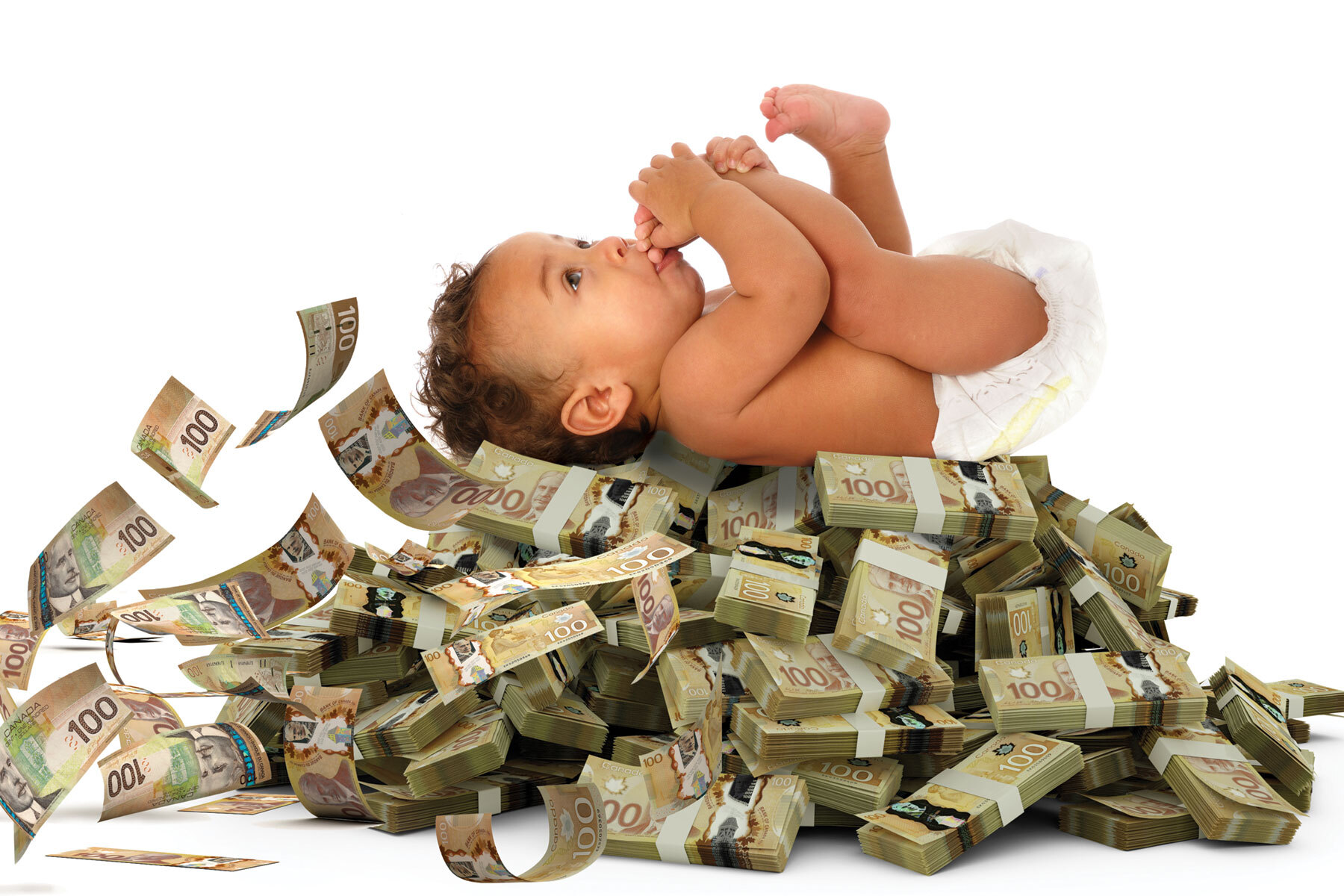It might be amusing if it weren’t so vexing to see news reporters interview people shopping for luxury items, eating out at fancy restaurants, or vacationing at some resort while complaining about how bad the U.S. economy is.
Compared to what? ADVERTISEMENT Just as frustrating but more pertinent are the countless interviews with people who say they are struggling to pay their bills. As the Bible says, “the poor you will always have with you,” which means surveying those truly in need may not be the best way to gauge a country’s economy. Even so, polls consistently suggest Americans are so concerned about pocketbook issues that the economy is the central issue that may determine their vote for president.
It’s as if those being polled have completely forgotten the economic quagmires this country struggled to get out of during both the Great Recession and the COVID-19 pandemic. The impact of those calamities on businesses, prices, and employment provides needed context to accurately view today’s economy. The recession from December 2007 to June 2009 was the nation’s longest since World War II.
The unemployment rate jumped from 5% to 10%, the S&P 500 stock exchange index dropped 57%, and the net worth of American households and nonprofits fell from $69 trillion to $55 trillion. That was the economy President Barack Obama inherited from President George W. Bush.
Obama’s response included the American Recovery Act, which was signed into law in 2009 despite not recei.


















